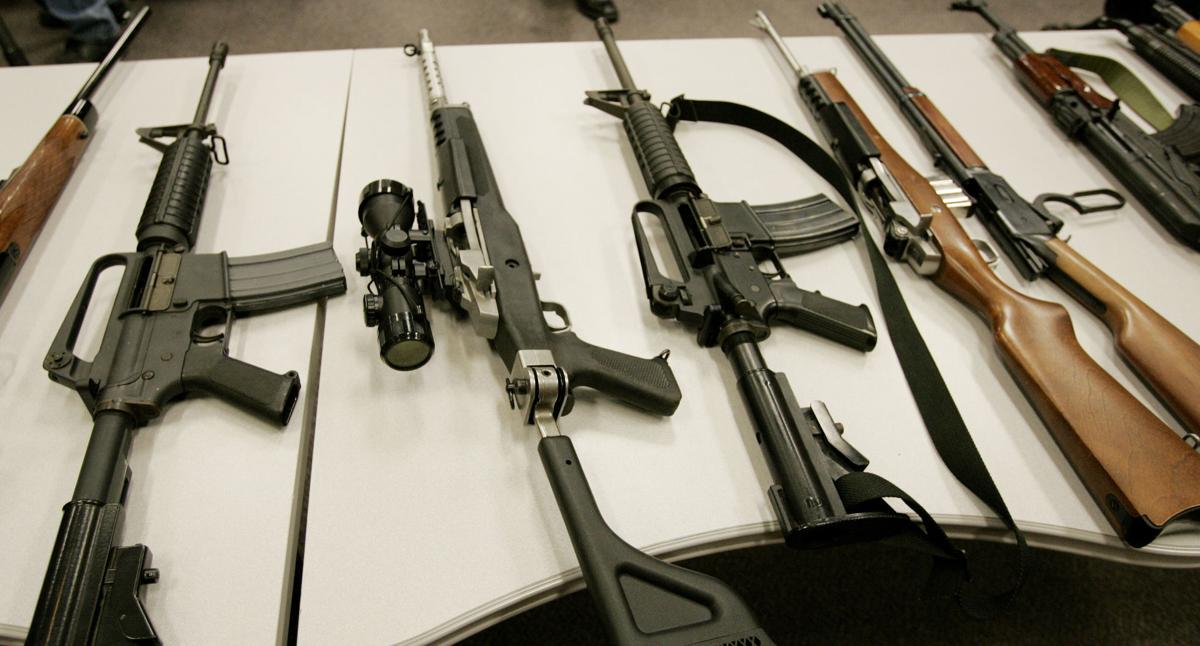PHOENIX — The Arizona Supreme Court late Tuesday sidestepped, at least temporarily, the question of whether to intercede in the dispute between Attorney General Mark Brnovich and Tucson over the city’s gun-destruction policy.
In a brief order, the justices said they’re not sure they have the right to rule on Brnovich’s legal complaint that the Tucson policy violates a state law requiring all operable weapons found or seized by police to be sold.
If the court sides with Brnovich, that could force the city to forfeit about $115 million a year in state aid.
The justices want attorneys for both sides to file briefs on whether they first have to decide whether the controversial law that cuts off such aid is constitutional in the first place. Those pleadings are due by the end of the week.
Tuesday’s ruling could be seen as a setback for Brnovich, who already has argued to the high court that the law is legally valid. It suggests that at least one or more justices question that assumption.
But it is not a clear-cut victory for Tucson, as the justices did not throw out Brnovich’s complaint.
At issue is a 2005 city ordinance saying that certain weapons seized or forfeited, mainly handguns and assault-style rifles, must be destroyed.
In 2013, however, the Legislature approved a measure that says all operable firearms must be sold to licensed dealers. Tucson officials, citing their constitutional authority as a charter city to make their own local laws, ignored the state law.
Last year, however, state lawmakers gave themselves the power to ask the attorney general to investigate any time they believe a local government is violating state laws. That law authorizes the attorney general, if a violation is found, to order state funds withheld until the city backs down.
Brnovich, looking into the Tucson ordinance, took a middle path, concluding the city law probably runs afoul of state restrictions. So he is using a provision in the new statute that requires him to take the case to the Supreme Court and let the justices decide if the city will lose its state funds.
The case, however, is complicated by the city’s argument to the high court that it should toss Brnovich’s lawsuit because the 2016 law allowing him to investigate and recommend loss of funding is itself unconstitutional.
Rick Rollman, an attorney hired by the city, contends the legislation amounts to illegal coercion by the state to force local elected officials to act in a manner contrary to what they believe is best for their community.
In legal papers filed in court, Rollman pointed out that the 2016 law says the only way a city can challenge a finding by Brnovich is to first post a bond equal to half of its state aid. He said that provision would effectively deny the city its day in court.





